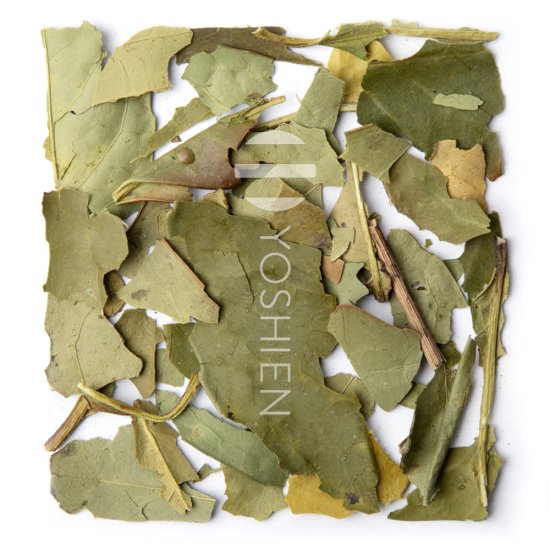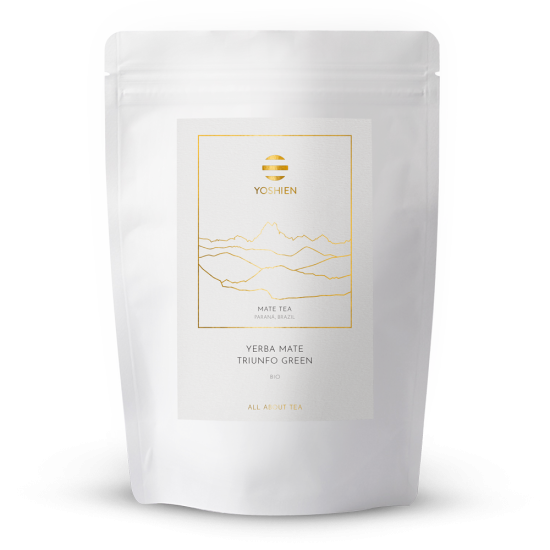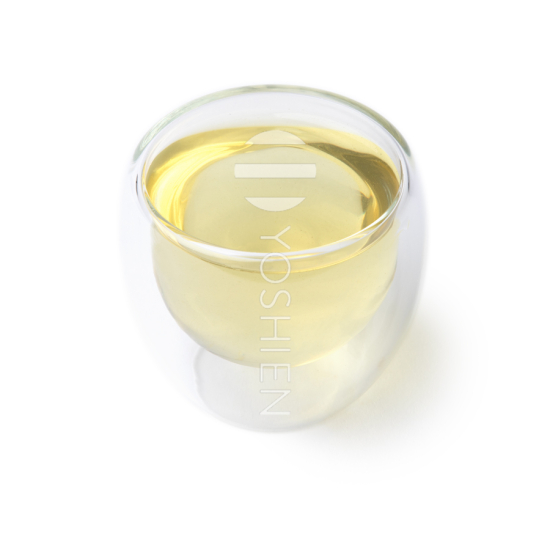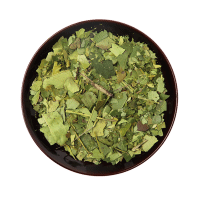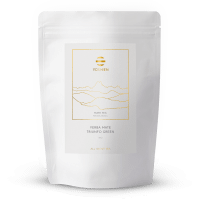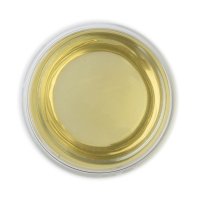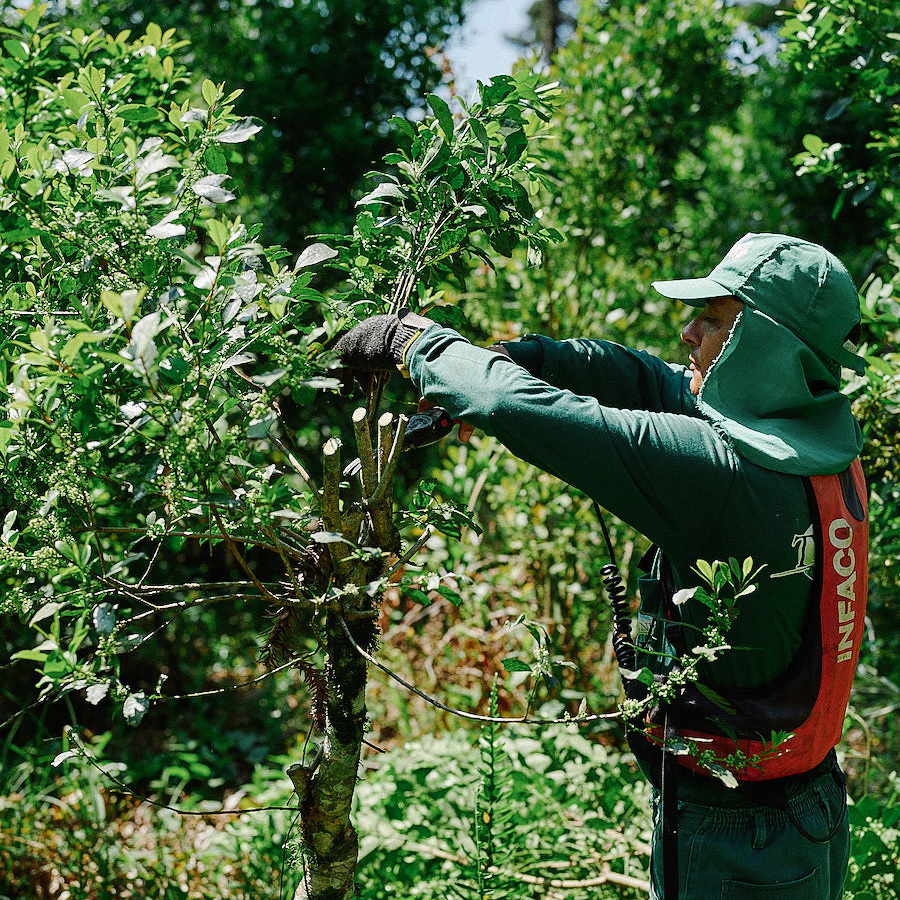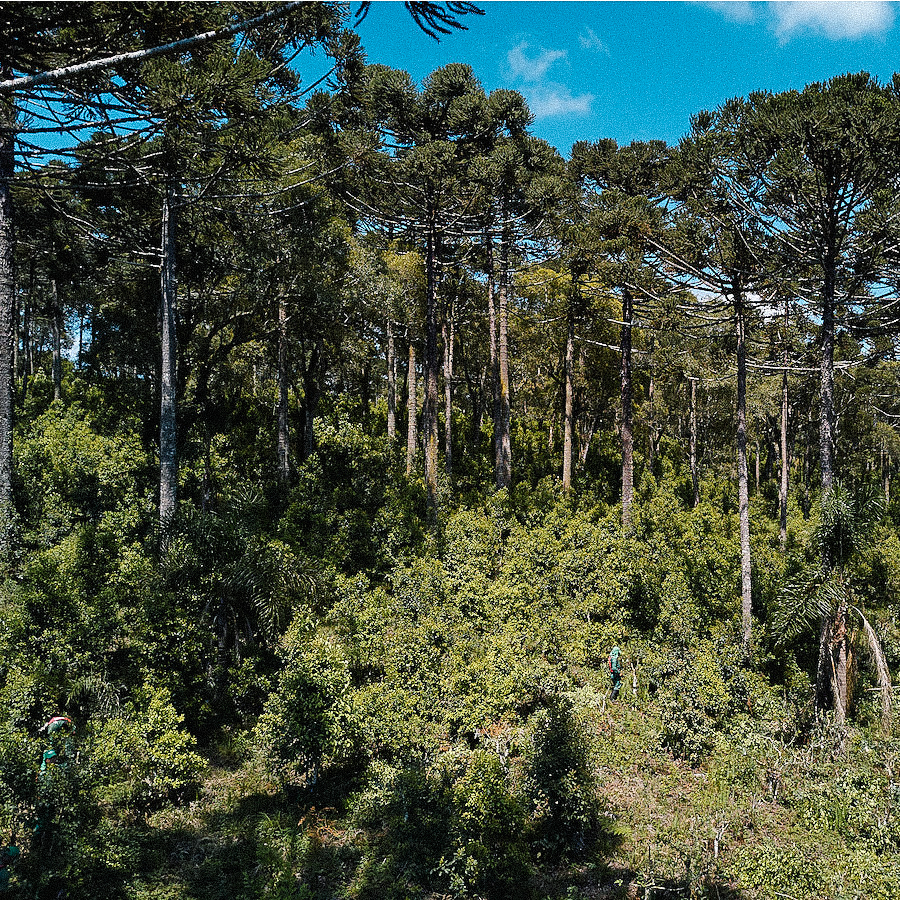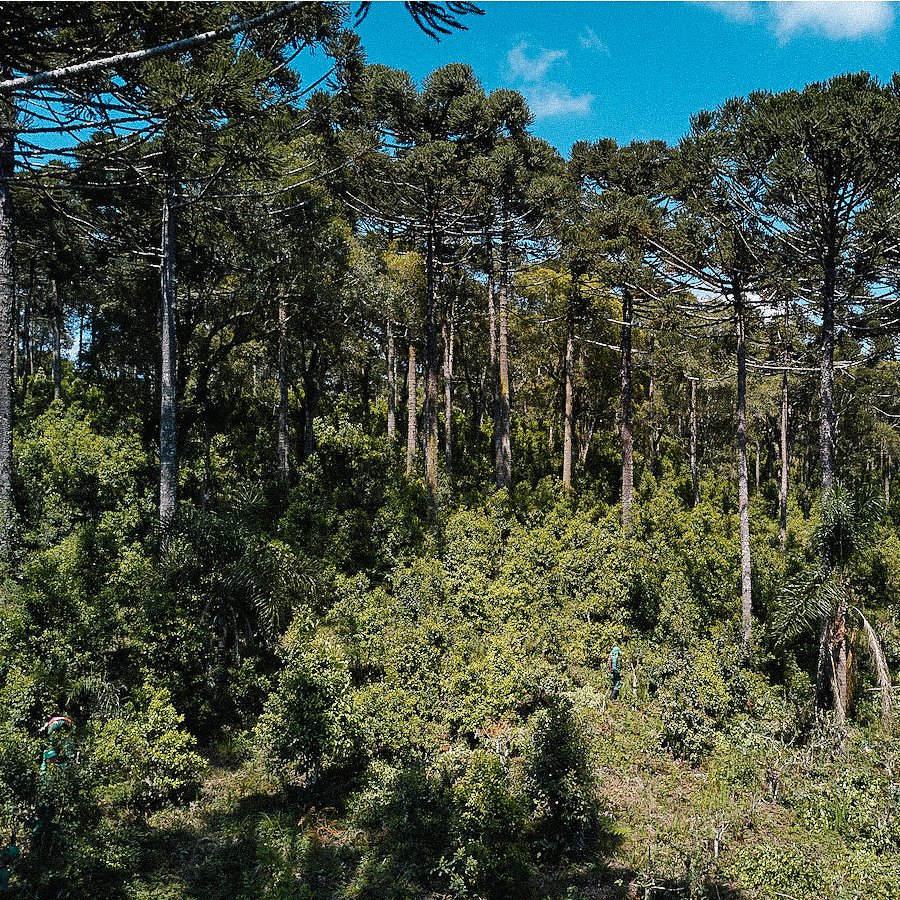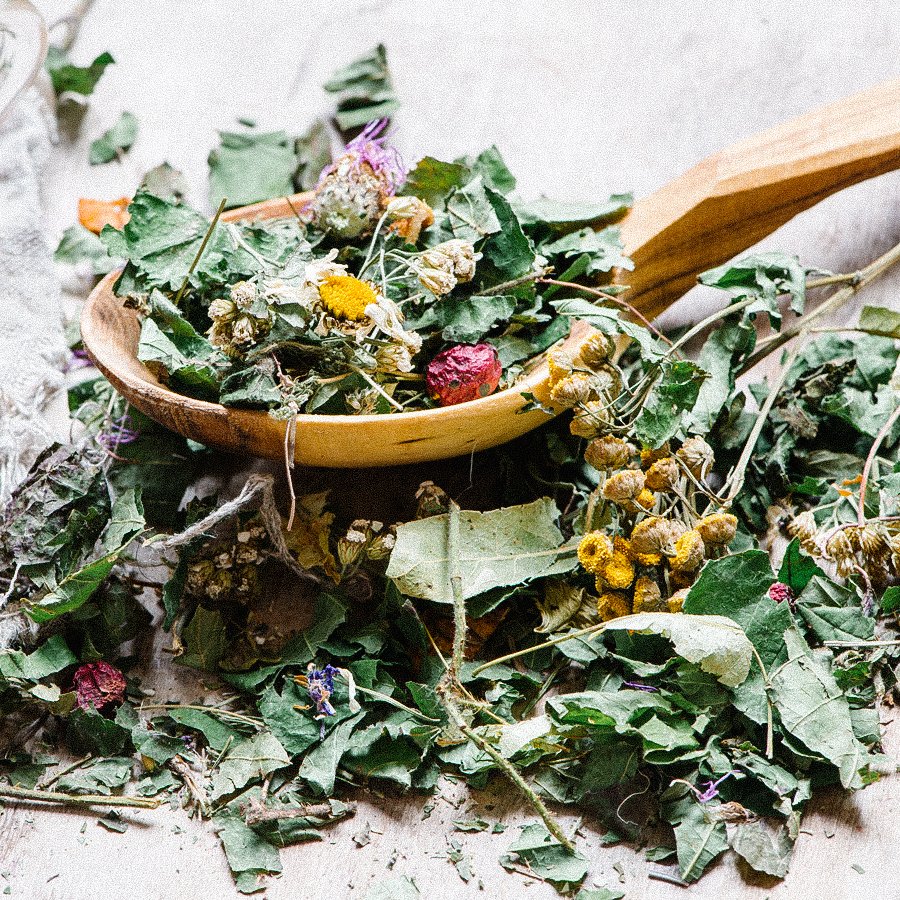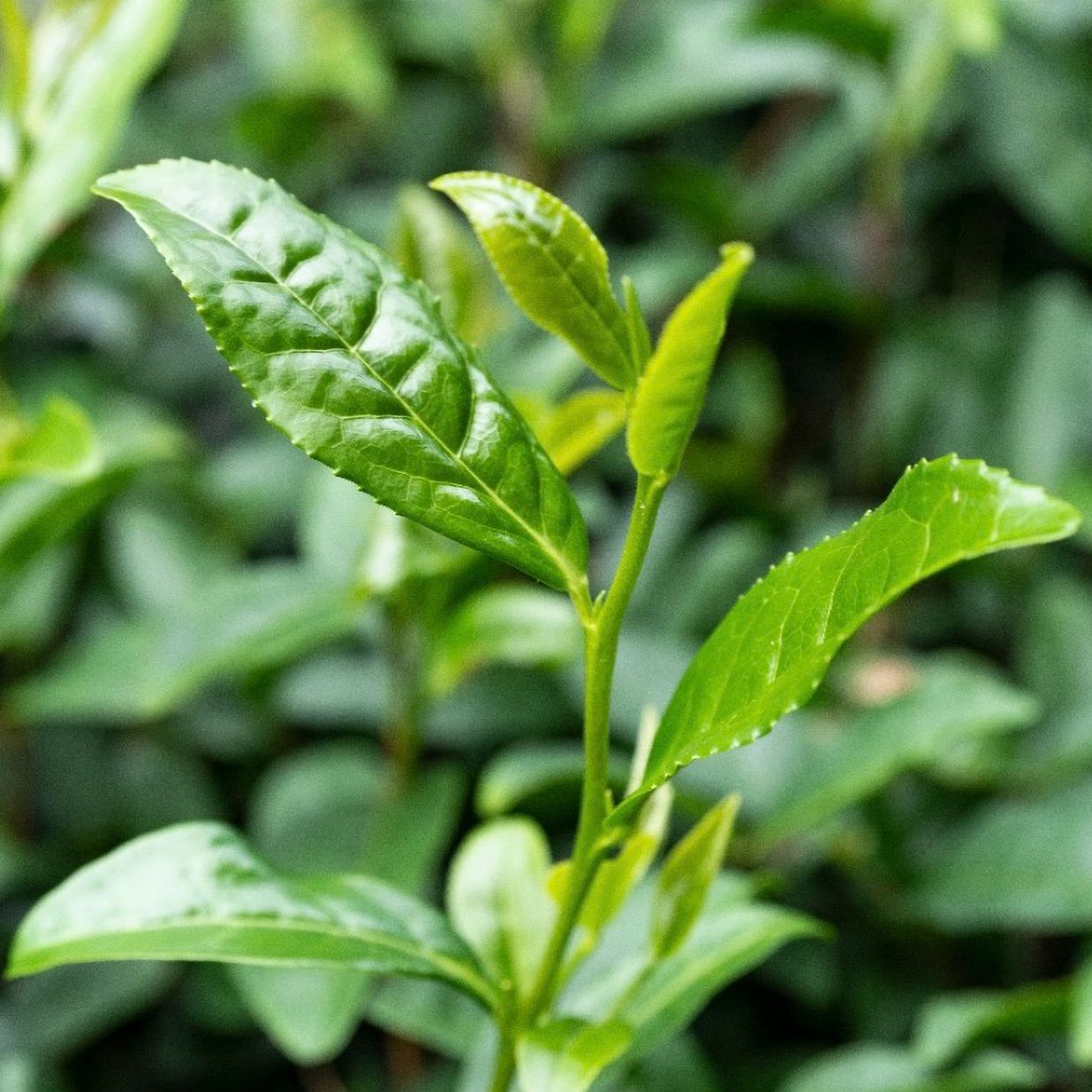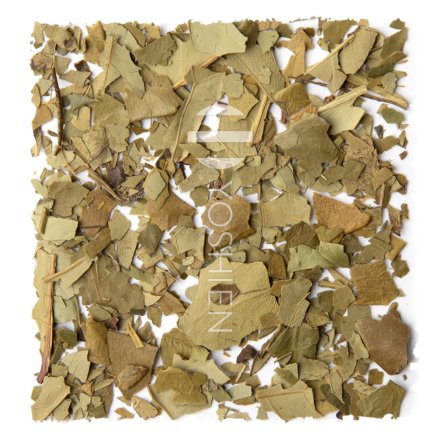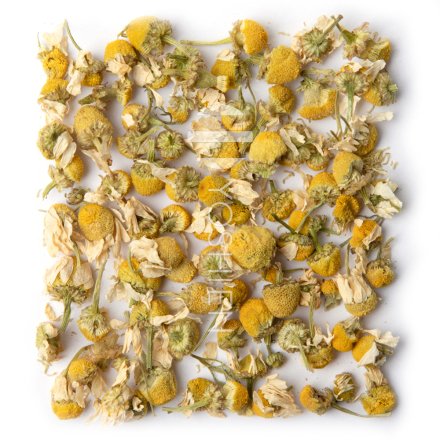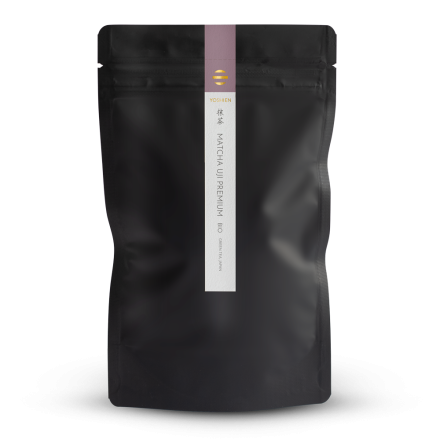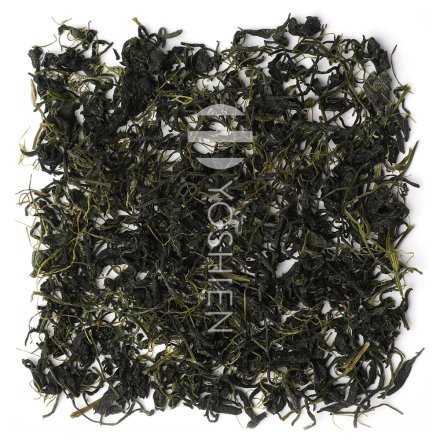A large part of the mate production takes place in monocultures on cleared plantations - here all mate bushes grow at the same height and are exposed to the strong sunlight near the equator - for protection they therefore form particularly high levels of acid and caffeine, which can lead to unbalanced tasting mate tea.
The mate trees for our Triunfo Mate, on the other hand, thrive in mixed forest plantations between the natural vegetation, in the middle of the jungle. On the one hand, they are naturally shaded, on the other hand, the symbiotic coexistence with other plants in the original habitat allows them an optimal nutrient supply, which results in an extremely aromatic and harmonious mate tea. In addition, the Atlantic rainforest, which suffers greatly from deforestation, is thus protected and even supported in its regeneration by the planting of new mate trees. In order to give the plants enough time to recover between the harvesting phases, the plantation is divided into two sections, which are harvested alternately twice a year, so that each plant can form new shoots and gain new strength for two years after the harvest. The harvest itself is done with electric shears, which puts much less strain on the workers' wrists and also allows thick branches to be cut precisely without bruising the plant, which further facilitates the regeneration of the tree.
The harvested mate leaves are processed by the farmer himself and dried in a special two-stage process over an open fire from sustainably planted eucalyptus trees. Thanks to modern technology, the leaves do not come into contact with the smoke of the fire and the pollutants it contains at any time, as is often the case with other methods.
The Origin of Yerba Mate
Historically, mate has been consumed by indigenous groups in South America for more than 500 years. The Guarani, who today live in Brazil, Paraguay, Bolivia, Argentina and Uruguay, were the first to process the mate plant into mate tea by crushing and fire drying. They also originated the traditional preparation in a gourd calebasse, the eponymous matí, with a straw made of sugar cane, the bombilla. The enormous social importance of mate for the Guarani, which can still be felt today in the mate culture of countries such as Brazil, Chile and Paraguay, becomes particularly clear from a mate origin myth: the Guarani lived for a long time as only semi-sedentary and changed their places of settlement every 4-5 years, when the soil was exhausted by agriculture and no longer productive. An old Guarani lost his strength at one of these temporary campsites and decided to let his tribe and family move on and wait for death in solitude. His daughter Ka'a Jarýi, however, out of love and respect for her father, decided to stay with him and assist him in his isolation. The Guarani gods, especially Pa' i Shume saw this and decided to reward this sacrifice. One morning, an old, unknown shaman came to the hut where Jarýi and her father lived and offered to fulfill a wish. The daughter remained silent, but the father wished for something to regain his powers and bring his daughter back to her tribe. The shaman gave him a green plant and instructed him to plant it and to collect the leaves for harvesting, crush them, dry them over fire and pour hot water on them. The old Guarani did this and was so invigorated by the drink that he and his daughter were able to return to the community of their tribe. Even today, Ka'a Jarýi is therefore revered as the goddess of the mate plant, which also gives comfort to the lonely and brings people together.
To this day, mate is a drink of enormous social and cultural importance in many countries of Central and South America. Sharing a mate always means an opportunity to exchange ideas, take a break, maintain relationships, or come together after work is done. For our farmer's workers, too, not a day goes by without a shared mate, during which the yerba mate is passed around in a large and not infrequently ornately decorated calabash and, if necessary, hot water is poured from the thermos flask that is always carried along.
Organic Certification

PL-EKO-01
Nicht-EU-Landwirtschaft



